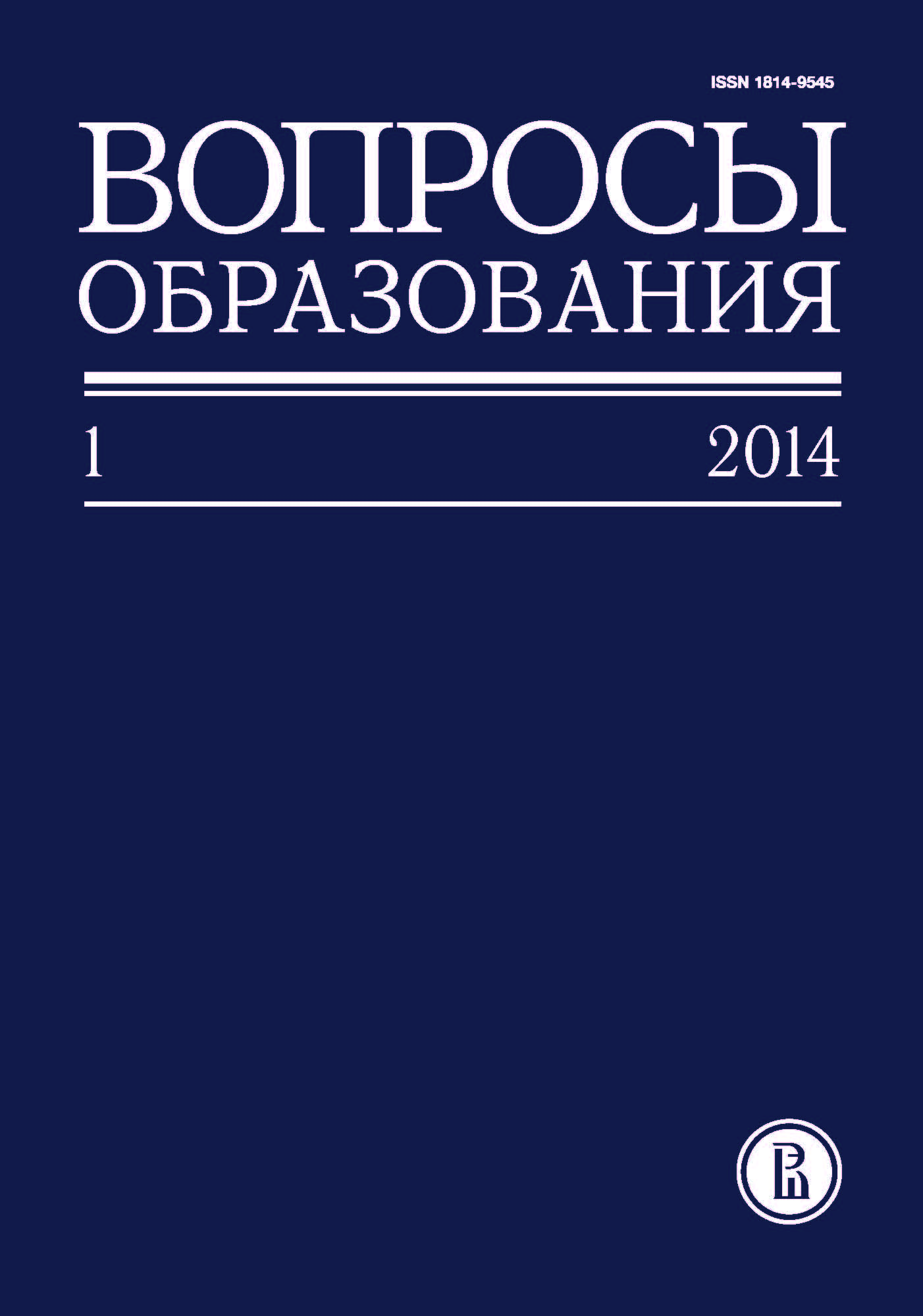Что дают предметные знания для умения применять их в новом контексте. Первые результаты сравнительного анализа TIMSS-2011 и PISA-2012
Аннотация
Цель исследования — оценить связь степени сформированности предметных знаний и умений с их переносом в неакадемический контекст. Работа основана на анализе российских данных международных исследований TIMSS и PISA. Задания TIMSS связаны скорее с владением предметным содержанием, задания PISA — с умением применять предметное знание в широком жизненном контексте. Выборка — 4241 школьник из России, принявший участие как в TIMSS-2011, так и в PISA-2012. На основании средних результатов каждого учащегося в математических заданиях TIMSS (PV) все учащиеся были разделены на шесть групп. Определены 10 и 20 самых трудных заданий PISA на основании однопараметрической модели Раша. Подсчитан процент самых трудных заданий PISA, решенных в каждой TIMSS- группе. Этот показатель выступил мерой способности учащихся переносить предметные знания в новый контекст и применять их для решения реальных жизненных задач. В результате была выявлена положительная связь между уровнем сформированности предметного знания и способностью перенести и применить его в ситуации, приближенной к реальной: чем лучше учащийся владеет предметным материалом по математике, тем с большей вероятностью он сможет применить это знание для решения проблемы в неакадемическом контексте. Однако эта связь не является линейной: только владение материалом на самом высоком уровне значительно облегчает перенос. Средние уровни владения предметным материалом мало дифференцируют успешность в контекстуальных задачах.








